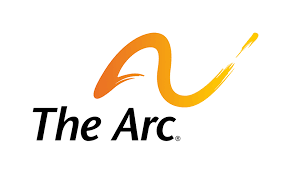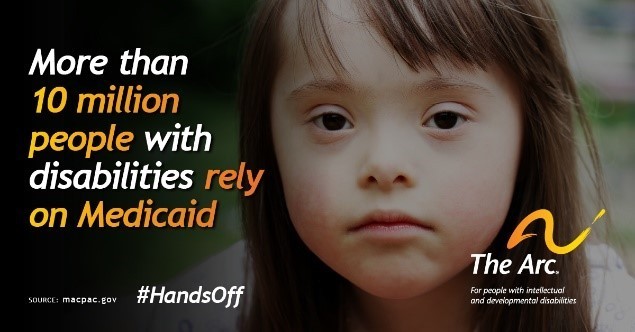Major Recent Events
Autism: Senate Passes Autism Care Act
On September 19, the Senate passed the House version of the Autism Collaboration, Accountability, Research, Education, and Support (CARES) Act of 2019 (H.R.1058) by unanimous consent. The Arc strongly supports this bill to reauthorize the Autism CARES Act, which funds critical autism research, surveillance, and education programs at the National Institutes of Health (NIH), Centers for Disease Control and Prevention (CDC), and Health Resources and Services Administration (HRSA), respectively. This reauthorization includes a greater focus on the needs of people with autism and other developmental disabilities across the lifespan. Additionally, it increases the minimum number of self-advocates on the Interagency Autism Coordinating Committee (IACC). The bill now awaits President Trump’s signature.
Direct Support Professionals: Direct CARE Opportunity Act Introduced
On September 19, Senators Tim Kaine (D-VA) and Maggie Hassan (D-NH) and Representatives Bobby Scott (D-VA) and Susie Lee (D-NV) introduced the Direct Creation, Advancement, and Retention of Employment (CARE) Opportunity Act (S.2521/H.R.4397). This bill provides grants to 15 entities to develop and implement strategies relating to recruitment, retention, and career advancement for direct care workers. The Arc strongly supports this bill.
Budget & Appropriations: House Passes Bill to Prevent Government Shutdown While Senate Committees Release Funding Bills
On September 19, the House passed a continuing resolution (H.R.4378) to keep the government funded from the start of fiscal year (FY) 2020 on October 1 through November 21. Meanwhile, Senate Appropriations Committee Chairman Roy Blunt (R-NY) released a draft of the FY 2020 Labor, Health and Human Services, Education, and Related Agencies Appropriations Bill the day before. Most of The Arc’s priority programs receive the same funding level as in FY 2019 in the proposed Senate bill, however some programs receive increases such as Lifespan Respite Care Act (49%) and Special Olympics Education Programs (14%). Funding levels for The Arc’s priority programs can be found here.
Employment: Senate Committee Holds Hearing on Labor Nominee
On September 19, the Senate Health, Education, Labor and Pensions Committee held a hearing on the nomination of Eugene Scalia to be Secretary of Labor. The Department of Labor is the agency responsible for the implementation of federal labor and employment laws, including those relating to wages and hours. Additionally, it includes the Office of Disability Employment Policy which is a non-regulatory agency that promotes employment of people with disabilities. Visit the Committee web site for more information or to access video of the hearing.
Announcements
Miscellaneous News: Registration Open for The Arc’s National Convention
Are you ready to join advocates from all over the country? Registration is officially open for The Arc’s 2019 National Convention in Washington, DC. Whether you’re a professional looking to develop skills, a person with I/DD or family member trying to expand your advocacy and support network, or an ally interested in getting more involved in the disability community, we have a program that will speak to you! You’ll connect with other passionate advocates from across the country and learn how to navigate and work to improve employment, education, housing, technology, criminal justice, and more. Register today at convention.thearc.org!Correction: The September 16 issue of Capitol Insider stated that Rep. Raul Grijalva was represented New Mexico. However, he represents Arizona. The Arc regrets this error.


